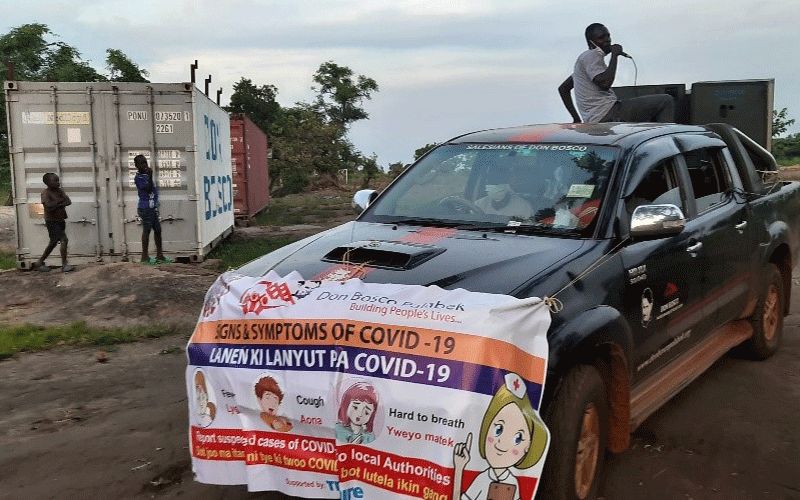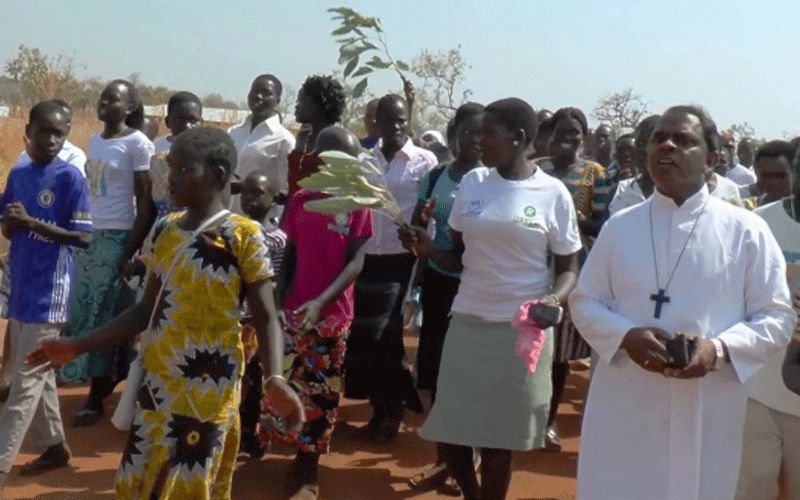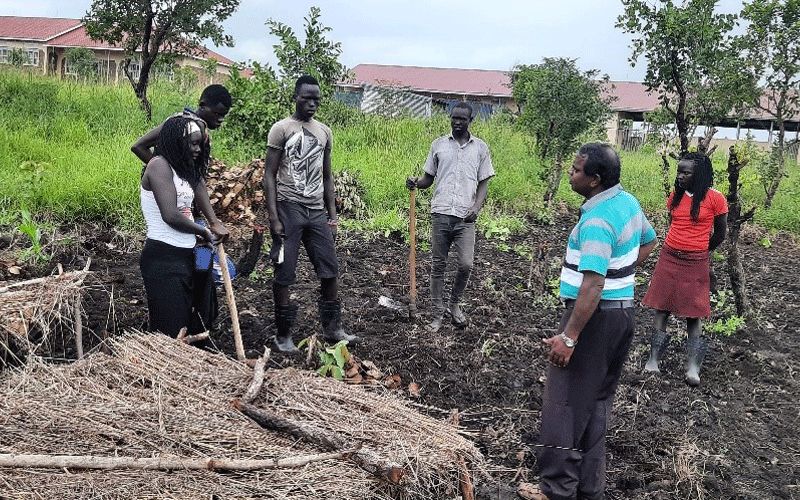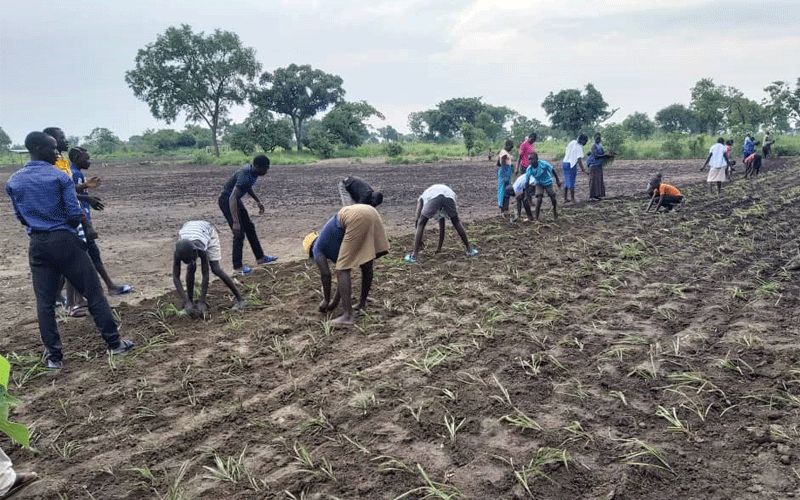Through contacts provided in the various vocational training centers, the Salesians reached the vulnerable youths who started engaging in agricultural activities, making of masks and construction activities within and outside the schools.
Other youth started recording songs and other short video clips on the effects of the pandemic.
Still, other groups of young people in the refugee camp have been helping in the construction projects in the school managed by SDB members as well as cleaning and reaching out to the community members in their immediate neighborhood.
All these activities, the Salesian priest says, are done keeping in mind safety procedures of the epidemic.
“Through these activities young people stayed connected to the Salesians and their fellow youth, which is very important for overcoming stress and disillusionment,” Fr. Arasu who has been in East Africa for three decades says.
(Story continues below)
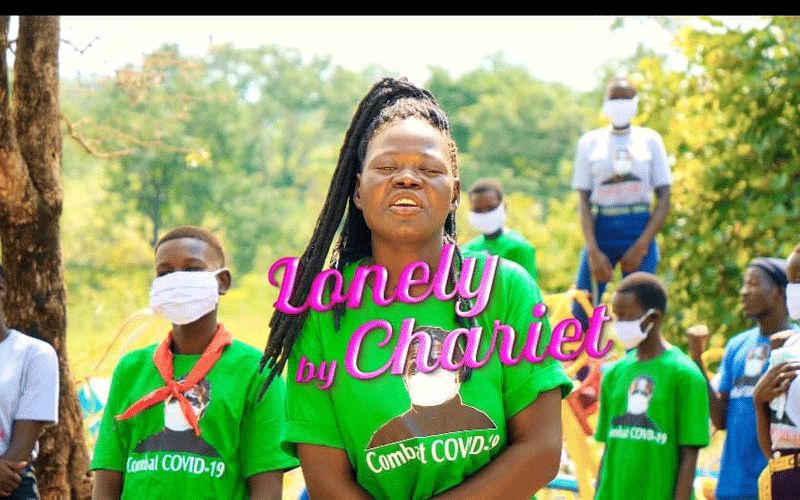
The native of India’s Tamil Nadu State adds, “They were made to realize their ability to contribute to the society even in the time of difficulties; even in hard times their talents such as music, technological skills and leadership abilities were put into community development.”
Additionally, the young people are able to receive a small stipend for their work to help them to meet their needs, the priest clarifies.
The dedication of the young people who show up to their respective ventures every day has earned the admiration of funding organizations that have come on board to support the project that seeks to expand to providing counselling services among the refugee dwellers.
“Seeing their initial success in various activities they are planning to do more,” the Salesian Cleric says, adding, “Youth are interested in recording more songs, enlarging their agriculture productivity, plant more trees and involve in other group activities such as group counselling, participate in peace process to overcome recent violence within the refugee settlement.”
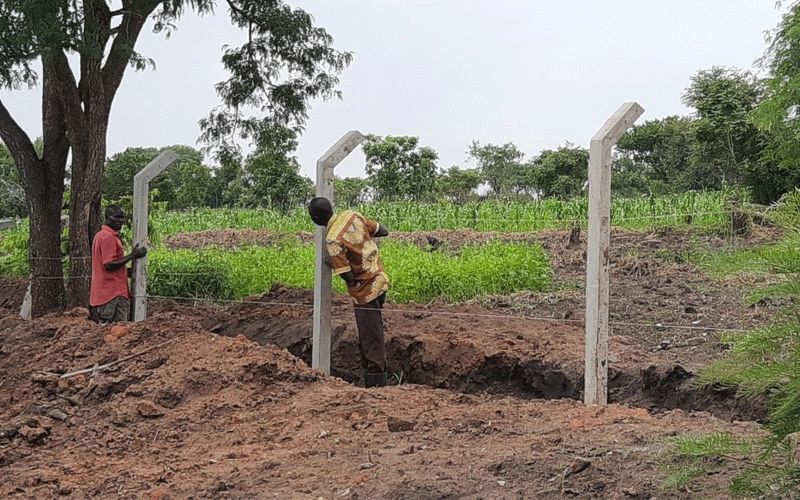
Donor organizations funding the project include Trocaire Ireland, an Irish charity striving to overcome the challenges of poverty and injustices and Italian-based Cesvi, which works to protect the dignity of vulnerable people.
Others include Misean Cara, the international and Irish faith-based missionary movement whose members seek partnerships that support “the most marginalized and vulnerable communities in developing countries”; and Salesian Missions, the U.S.-based development arm of the Salesians of Don Bosco.
Agnes Aineah is a Kenyan journalist with a background in digital and newspaper reporting. She holds a Master of Arts in Digital Journalism from the Aga Khan University, Graduate School of Media and Communications and a Bachelor's Degree in Linguistics, Media and Communications from Kenya's Moi University. Agnes currently serves as a journalist for ACI Africa.
